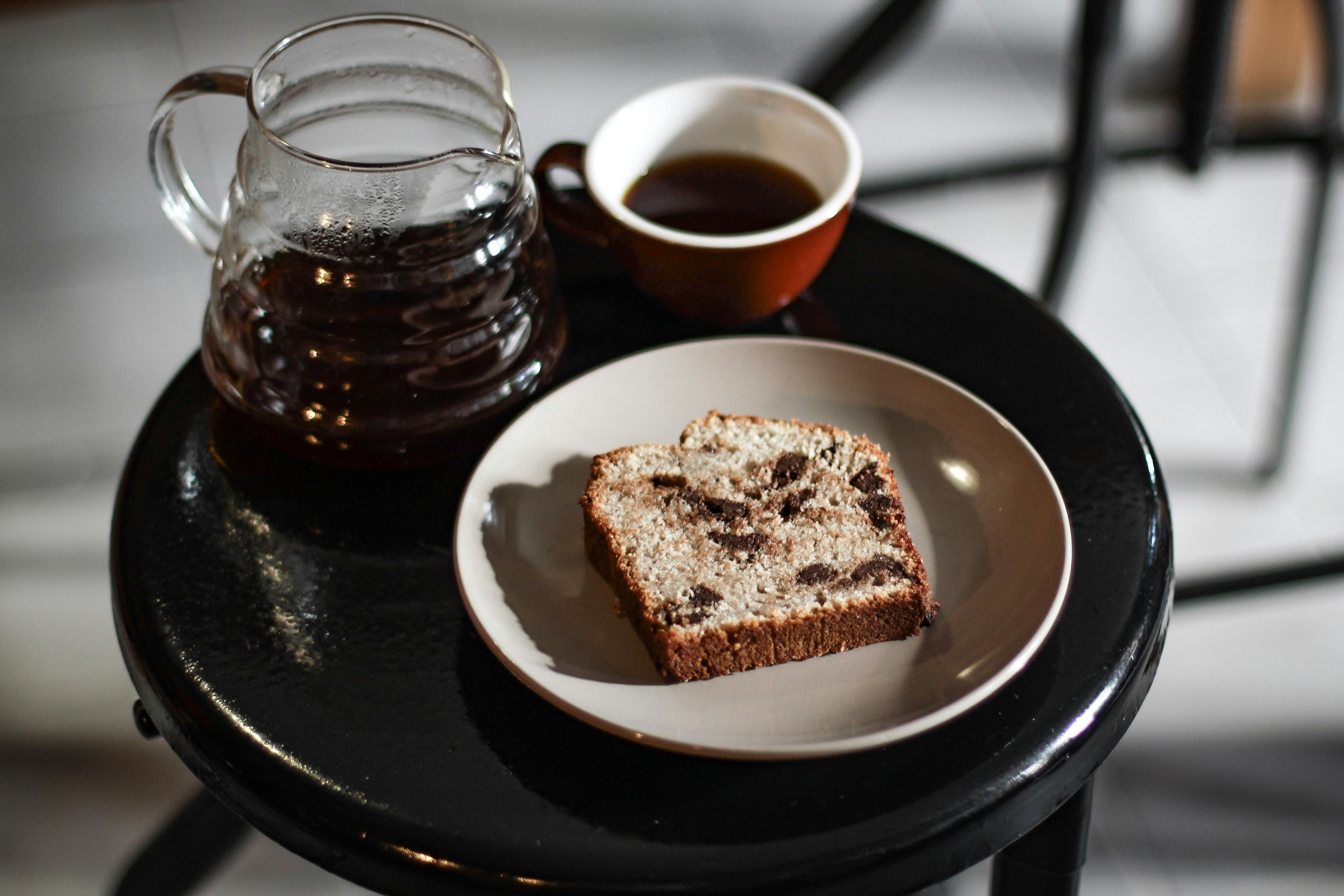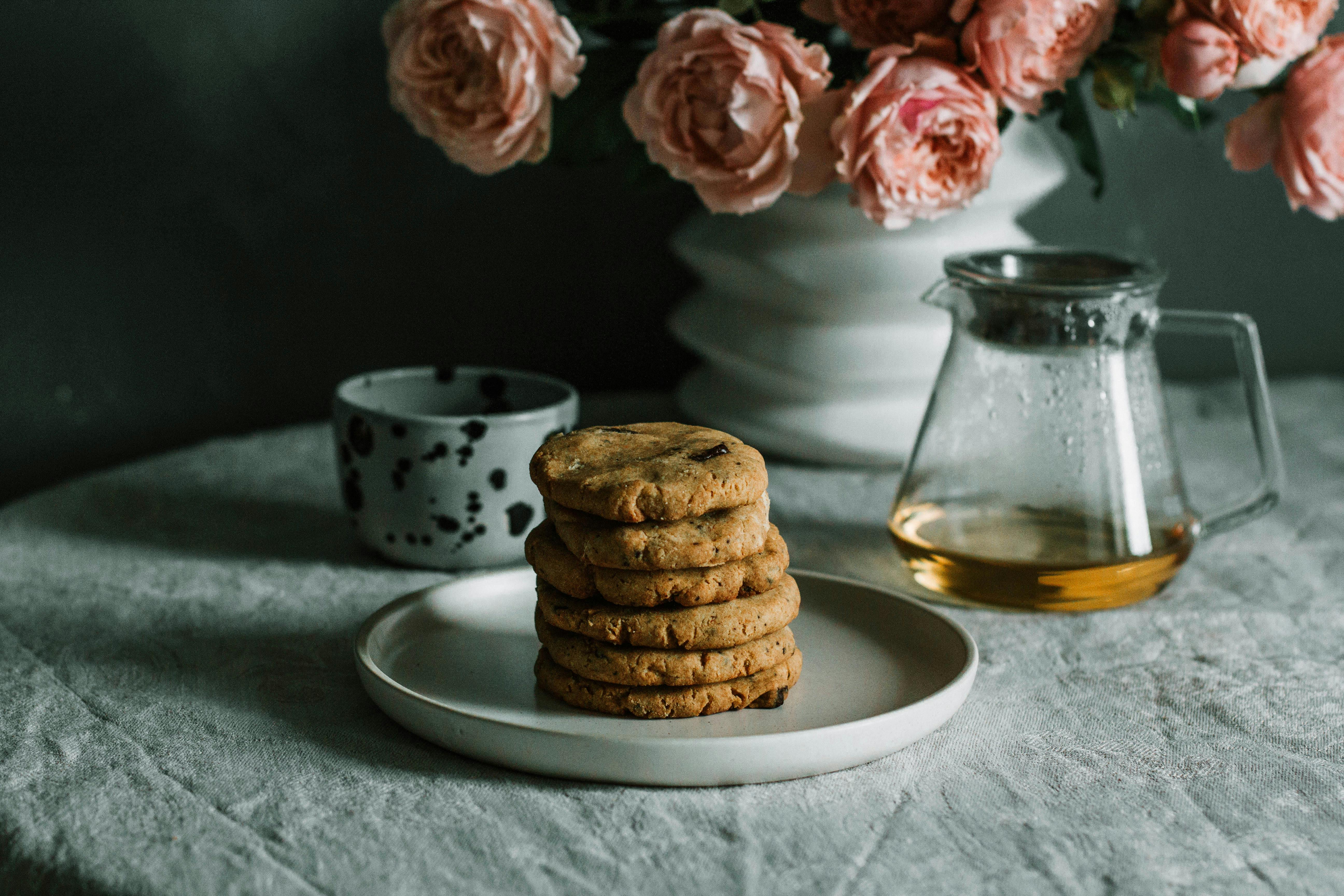Hoop tea is a popular beverage choice among many people due to its unique flavor and aroma. But do you know how much sugar is in hoop tea? Many people are unaware of the amount of sugar in hoop tea, as well as the potential health risks associated with consuming too much sugar. This article will discuss the amount of sugar in hoop tea and provide some tips on how to reduce the amount of sugar in your daily cup of hoop tea.The amount of sugar present in Hoop Tea varies depending on the size and type of tea you are drinking. A regular 250ml cup of Hoop Tea contains 5.7g of sugar, while a large 500ml cup contains 11.4g of sugar.
What Is The Nutritional Value Of Hoop Tea?
Hoop tea is a type of herbal tea made from a blend of herbs, flowers, and fruits. It has been used in traditional medicine as an herbal remedy for centuries. It is believed to have many beneficial properties including anti-inflammatory, antioxidant, and antiseptic properties. The nutritional value of hoop tea varies depending on the type of ingredients used in the blend.
Most types of hoop tea contain vitamins, minerals, antioxidants, and other active ingredients that can help support overall health and wellbeing. Commonly found vitamins in hoop tea include Vitamin A, Vitamin C, Vitamin E, and B-vitamins such as thiamin, riboflavin, and niacin. In addition to these vitamins, hoop tea also contains minerals such as calcium and magnesium.
Antioxidants are also found in hoop tea which can help protect the body from damage caused by free radicals. These free radicals are created by environmental toxins such as cigarette smoke or polluted air. Antioxidants can help reduce inflammation and prevent cell damage caused by these toxins which can lead to disease.
Hoop tea also contains flavonoids which are plant compounds that may have anti-inflammatory and anti-cancer properties. Additionally, some studies suggest that flavonoids may be beneficial for heart health as they can help reduce cholesterol levels in the blood stream. Lastly, many types of hoop teas contain polyphenols which are plant compounds with antioxidant activity that may offer protection against certain chronic diseases such as cancer or heart disease.
Overall, hoop tea is a powerful herbal remedy with many potential health benefits due to its high nutritional content including vitamins, minerals, antioxidants, flavonoids and polyphenols.
Health Benefits Of Drinking Hoop Tea
Hoop tea is made from the dried leaves and flowers of the hibiscus plant, which is native to parts of Africa, Asia, and the Caribbean. It has been used for centuries as a medicinal beverage for its many health benefits. Studies have found that regular consumption of hoop tea can help improve digestion, reduce inflammation, lower blood pressure, and even fight off certain forms of cancer.
One of the most notable benefits of drinking hoop tea is its ability to improve digestion. The high levels of antioxidants in hoop tea can help detoxify the digestive system, which can lead to more efficient absorption of nutrients and improved elimination. Additionally, hoop tea helps promote healthy gut bacteria and can reduce symptoms associated with irritable bowel syndrome (IBS) such as bloating or cramping.
Hoop tea is also known for its anti-inflammatory properties. The antioxidants in hoop tea are able to reduce inflammation throughout the body by fighting off free radicals that contribute to chronic diseases such as arthritis or heart disease. Additionally, drinking hoop tea can help reduce inflammation associated with certain types of cancer.
Another health benefit of drinking hoop tea is that it helps lower blood pressure. The flavonoids in hoop tea have been shown to relax blood vessels and improve circulation, which helps bring down high blood pressure levels naturally without medication. Additionally, regular consumption of hoop tea has been linked with a reduced risk for stroke and other cardiovascular diseases.
Finally, studies have found that drinking hoop tea may help protect against certain types of cancer. The antioxidants in hoop tea have been shown to inhibit the growth of cancer cells by preventing them from replicating and spreading throughout the body. Additionally, regular consumption of hoop tea can boost your immune system, making it easier for your body to fight off infections and illnesses before they take hold.
In short, there are many potential health benefits associated with drinking hoop tea on a regular basis including improved digestion, reduced inflammation, lower blood pressure levels and even protection against certain types of cancer. Therefore it is recommended that you add this delicious beverage into your daily routine if you are looking for ways to improve your overall health and wellbeing!
Is There Any Caffeine Content In Hoop Tea?
Hoop tea is a popular herbal beverage that has been enjoyed for centuries. It is made from a blend of different herbs and spices, and it has various health benefits. As with many herbal teas, the caffeine content of hoop tea is typically low, if any at all. The amount of caffeine in hoop tea depends on the source of the herbs used to make it and how much of each herb is used.
Most herbal teas, including hoop tea, are naturally caffeine-free due to their lack of coffee or black tea leaves. However, there are some herbs such as guarana and yerba mate that do contain some caffeine. If these herbs are used to make hoop tea, then there will be some level of caffeine present in the beverage.
The amount of caffeine in hoop tea can also be affected by how it is prepared. If you steep it for longer than usual or use more herbs than recommended, then you can increase the amount of caffeine present in the drink. Therefore, if you are looking for a low-caffeine beverage, then you should be mindful about how you prepare your hoop tea.
Overall, although there may be traces of caffeine present in some varieties of hoop tea due to certain herbs used in its preparation, it is still considered to be a low-caffeine beverage overall. So if you’re looking for an herbal drink with minimal or no caffeine content at all, then hoop tea is a great option!
Are There Any Sweeteners Added To Hoop Tea?
No, there are no sweeteners added to Hoop Tea. We use only natural ingredients such as organic rooibos and honeybush tea, organic herbs, fruits, spices, and roots. Our teas are naturally sweetened by the natural sugars found in the ingredients we blend together. All of our teas are free of refined sugars or artificial sweeteners. We believe that when it comes to tea, less is more and that means no added sugar or other sweeteners to our products. We want you to enjoy the natural sweetness of tea without any added sugar or artificial sweeteners.

Can Diabetics Drink Hoop Tea?
Diabetes is a chronic health condition that affects the body’s ability to use sugar and carbohydrates properly. As such, individuals with diabetes must take special care to ensure they are following a healthy diet and lifestyle. One of the beverages that many people with diabetes are curious about is Hoop Tea. While there is no definitive answer as to whether or not diabetics can drink Hoop Tea, there are some important factors to consider before making the decision.
Hoop Tea is a type of herbal tea made from the leaves of the hibiscus plant. It has been used for centuries for its medicinal properties, including its ability to help reduce inflammation in the body and lower blood pressure. Additionally, studies have shown that drinking Hoop Tea can help regulate insulin levels in those with diabetes, which may be beneficial for individuals managing their condition.
However, it is important to note that while Hoop Tea may have some benefits for diabetics, it also contains several substances that can increase blood sugar levels and affect glucose metabolism. For this reason, it is important that individuals with diabetes discuss this beverage with their doctor before consuming it regularly. Additionally, it may be wise to limit consumption of Hoop Tea and other sugary drinks and opt instead for water or other unsweetened beverages.
In conclusion, while there are potential benefits associated with drinking Hoop Tea for those with diabetes, it is important to consider all factors before integrating this beverage into one’s diet. Consulting with a doctor or dietitian about whether or not this beverage is right for you can help you make an informed decision based on your individual needs and health conditions.
Drinking Too Much Hoop Tea: Side Effects
Consuming too much hoop tea can have a number of side effects. Excessive amounts of hoop tea can cause headaches, dizziness, nausea, and anxiety. It may also lead to increased heart rate and blood pressure. Long-term effects of drinking too much hoop tea may include liver damage, dehydration, and electrolyte imbalances.
The caffeine content in hoop tea can be quite high. Consuming large amounts of hoop tea can cause insomnia, restlessness, irritability, and difficulty concentrating. In addition, it may lead to stomach upset or indigestion due to the high tannin content in some types of hoop teas. High levels of caffeine consumption may also increase the risk of stroke or other cardiovascular events.
Hoop tea is known for its numerous health benefits such as improved digestion and increased energy levels; however, drinking too much can have adverse effects on your health. It is important to be aware of your body’s reaction when consuming hoop tea and practice moderation if you are sensitive to its effects. Talk to your doctor if you experience any symptoms related to excessive consumption of hoop tea such as headaches, nausea, or restlessness.
Ingredients Used To Make Hoop Tea
Hoop tea is a type of herbal tea made from a combination of traditional Chinese herbs. It is popular for its natural healing properties and its ability to provide relief from various ailments. The main ingredients used to make hoop tea are dried Chinese herbs such as dandelion, mulberry leaf, chrysanthemum, ginseng root, and honeysuckle flower. These herbs are often combined with other ingredients such as ginger root, licorice root, and goji berry. Some versions of hoop tea also include orange peels and rose petals for added flavor. All these ingredients are ground into a powder or boiled in water to make the tea.
Hoop tea is known for its calming and soothing effects on the body. It can help to reduce fatigue, improve digestion, and reduce stress levels. Many people also believe that it helps to boost the immune system and aids in detoxification. As with any herbal remedy, it is important to consult with your healthcare provider before consuming hoop tea or any other herbal remedy.

Conclusion
Hoop tea can be a great choice as an alternative to sugary drinks, if you’re looking for a refreshing beverage without as much sugar. Depending on the ingredients and flavors chosen, it can contain anywhere from 0 to 17 grams of sugar per serving. Furthermore, Hoop Tea is naturally low in calories and contains no artificial sweeteners or preservatives.
When selecting your Hoop Tea flavors, it’s important to read the nutrition label and check the total amount of sugar per serving. By doing this, you can make sure that your drink is low in sugar and still enjoy its refreshing taste!
Overall, Hoop Tea is a healthier choice than many other types of sugary drinks. It’s low in calories and contains no artificial sweeteners or preservatives. It’s also a good source of antioxidants and vitamins that are beneficial for your health. Finally, by reading the nutrition labels when selecting flavors, you can enjoy Hoop Tea while still keeping your total daily sugar intake low!
